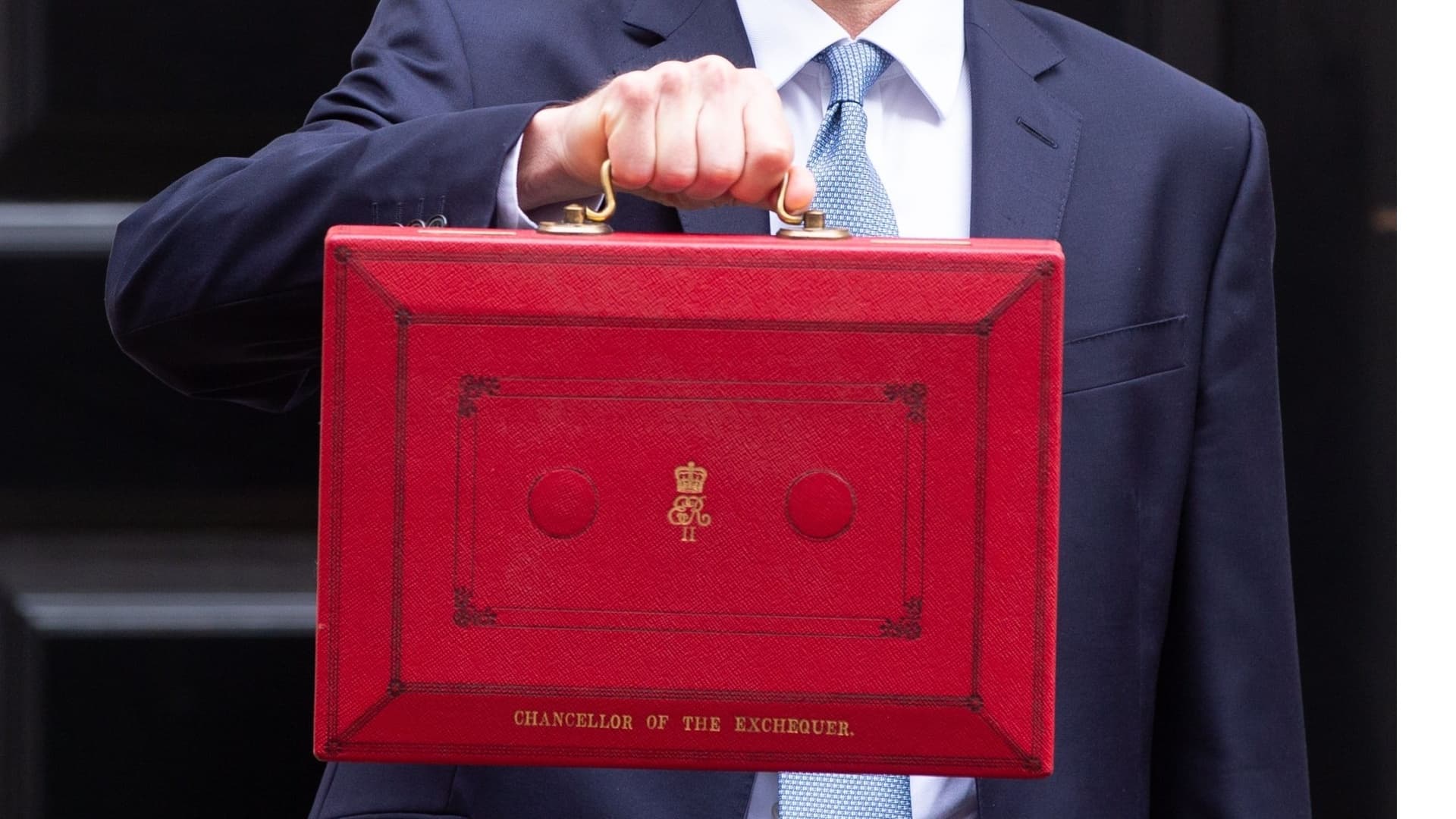
Spring Budget 2024 – What You Need to Know
Posted on: 6th March 2024 in
News
The Conservative Party appears to be a ship heading towards an iceberg.
When Ipsos published its latest UK opinion poll results and voting intention in February 2024, it showed Labour opening up a clear lead.
The data revealed that 49% of British adults intended to vote for Labour in the next general election, compared to 27% for the Conservatives. Meanwhile, 78% said they were dissatisfied with the current government.
Rishi Sunak has also seen his approval ratings fall. The Prime Minister’s favourability has dropped from 30% to 20% since he took the keys to Number 10.
So, what do all of these numbers mean?
The Spring Budget 2024 is likely the final major fiscal event before the general election and an opportunity to garner voter support.
Simply put, this could be the last chance for Team Blue to steer the ship in another direction or face the consequences when the UK heads to the polls.
The question is, did the chancellor do enough to save his crew from impending doom, or was today the proverbial crack that sunk Sunak?
Below, we look at some of the key talking points and announcements from the Spring Budget 2024.
Spring Budget 2024 – key talking points
Non-dom tax
Non-domiciled or ‘non-dom’ status has been a hot topic in recent years. Today, Hunt vowed to shake up how foreign nationals are taxed in the UK.
The chancellor announced the non-dom tax status will be abolished starting April 2025. Instead, it will be replaced by a new, “simpler” system.
From April 2025, those who arrive in the UK and qualify for non-dom status will not be required to pay any tax on foreign income for four years. If they remain residents in the UK after four years, they will pay the same tax as all other UK residents.
Hunt added that this new measure will raise £2.7bn a year, which he will use to fund tax cuts.
National Insurance cuts
National insurance (NI) cuts were widely expected leading into the Spring Budget. The chancellor waited until the end of his speech to confirm these changes.
From April 2024, NI will be cut from 10% to 8% for employees and from 8% to 6% for the self-employed.
The tax cut works out to 2p in the pound. Jeremy Hunt said that the average employee will be £450 better off as a result of these latest cuts.
Economic growth
Economic growth has been in the spotlight for some time now, so it was no wonder the chancellor focused on the need to reduce borrowing and the national debt.
Hunt said the UK has ‘turned a corner on inflation’. He also stated that the UK has the lowest national debt in the G7, lower than France, the United States and Japan.
The Office for Budget Responsibility (OBR) predicts that inflation will fall below the Bank of England target of 2% in a few months—nearly a year ahead of its previous predictions.
According to data, the economy is expected to grow by 0.8% this year and 1.9% in 2025.
Business VAT registration increase
The Spring Budget introduced measures for businesses. However, they did not go as far as some were hoping. In April 2024, the VAT registration threshold will increase from £85,000 to £90,000.
Capital Gain Tax (CGT)
A surprise announcement was a tax cut on the higher rate of tax paid on profits from selling a house – otherwise known as Capital Gains Tax (CGT).
The CGT rate on the sale of a residential property will be reduced from 28% to 24%. The chancellor claims that lower tax rates will equal more sales, meaning more revenue generated from the tax.
The NHS
The chancellor plans to keep public sector spending at 1% in real terms but said, “We are going to spend it better”. As part of the announcement, he pledged an additional £6bn of financial support for the NHS.
This will include £2.5bn in 2024 to tackle the long waiting lists and other issues. £3.4bn will be used to upgrade “outdated” IT systems.
New British ISA
As part of the 2024 Spring Budget, Jeremy Hunt announced a new ‘British ISA’.
The ISA will provide an additional £5,000 tax-free allowance each year for those wanting to invest in the UK. The move is to encourage more people and pension funds to invest in UK assets.
Windfall tax extension
As expected, the windfall tax on oil and gas companies will be extended for an additional year until March 2029. This is to combat the sustained increase in energy prices due to the Ukraine war.
The chancellor said extending the windfall tax will raise an additional £1.5bn.
Fuel duty freeze
The chancellor confirmed that the 5p cut to fuel duty will remain, and the freeze will be extended for another 12 months. Hunt claims this will save drivers £50 on average next year.
Wrapping up
Chancellor Jeremy Hunt has delivered his 2024 Spring Budget. There were some surprises and plenty of interruptions from the opposition. Some insults were even thrown, with Hunt making fun of Labour leader Keir Starmer’s weight.
Ultimately, today’s announcement will impact the finances of millions across the UK. For expats, the changes to non-dom status were likely one of the more notable points from today’s speech.
To understand how this or any of the changes from today’s Spring Budget might impact you, speak to one of our financial specialists.
Holborn Assets is a leading, award-winning financial services company with over $2 billion in assets under management (AUM). We provide expert advice and tailored wealth management solutions to help you reach your financial goals.
Book a free, no-obligation meeting today and learn how we can help you.


















